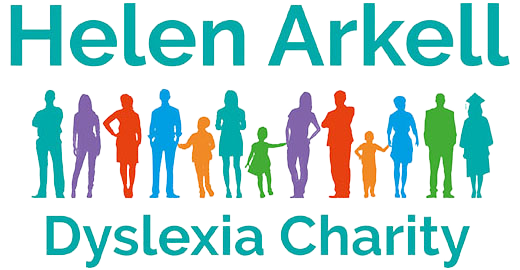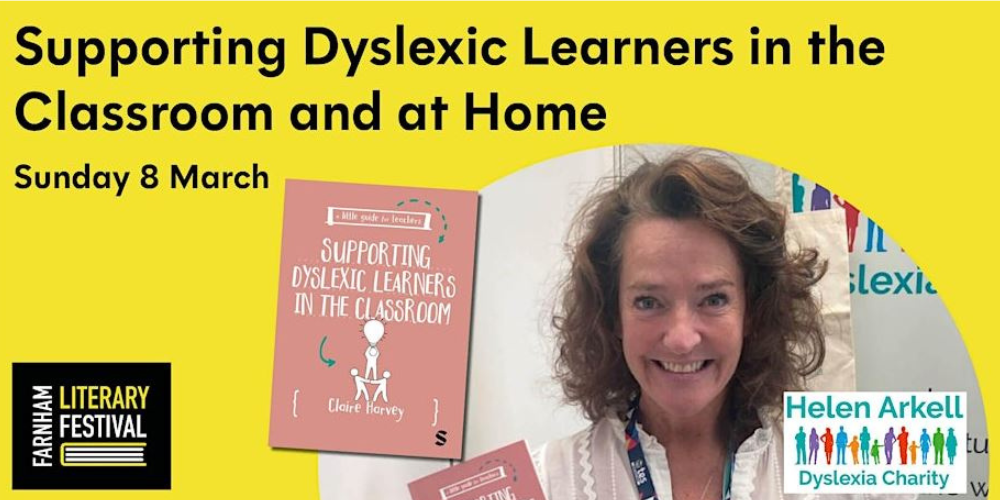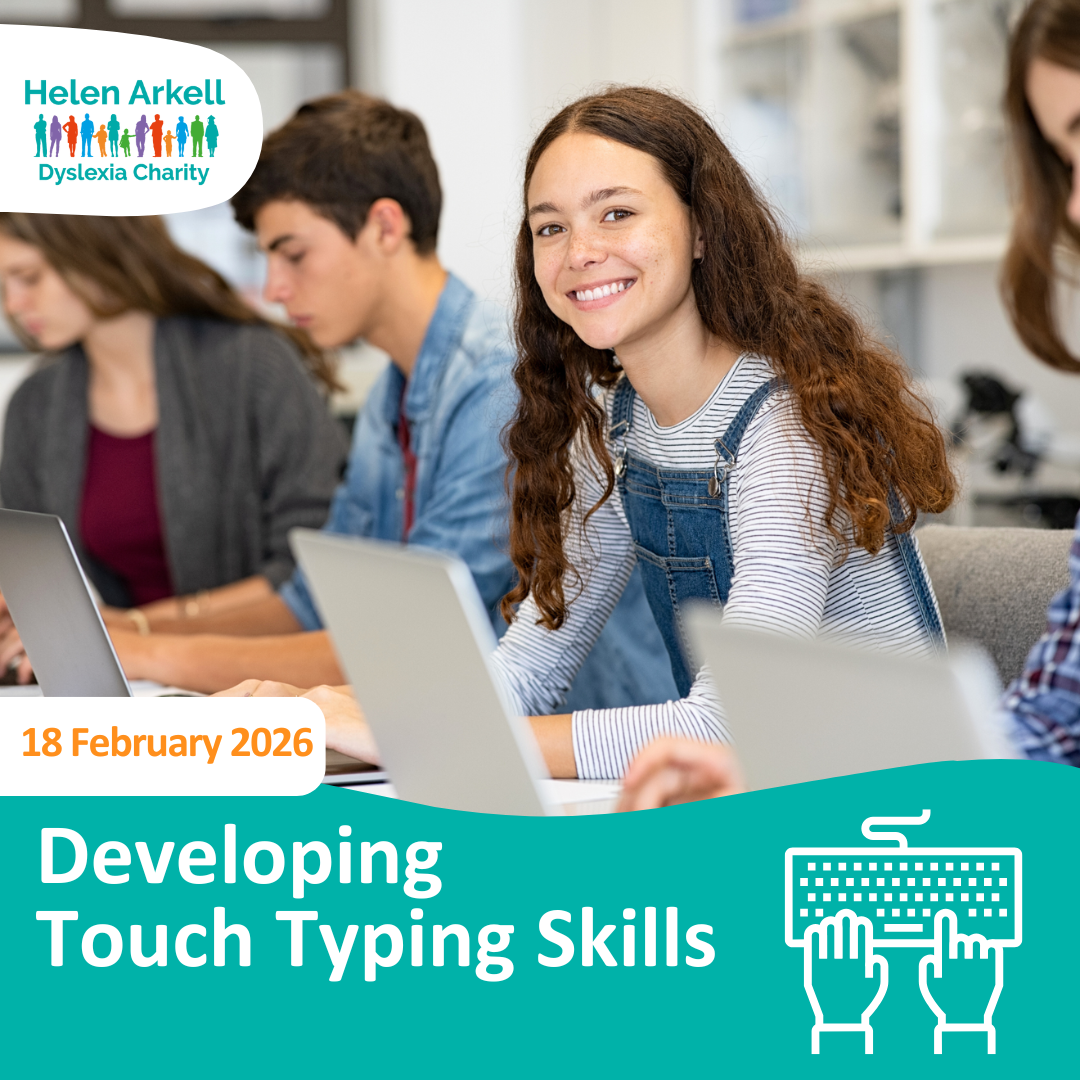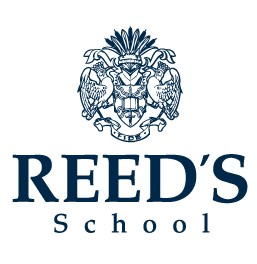Making home learning fun
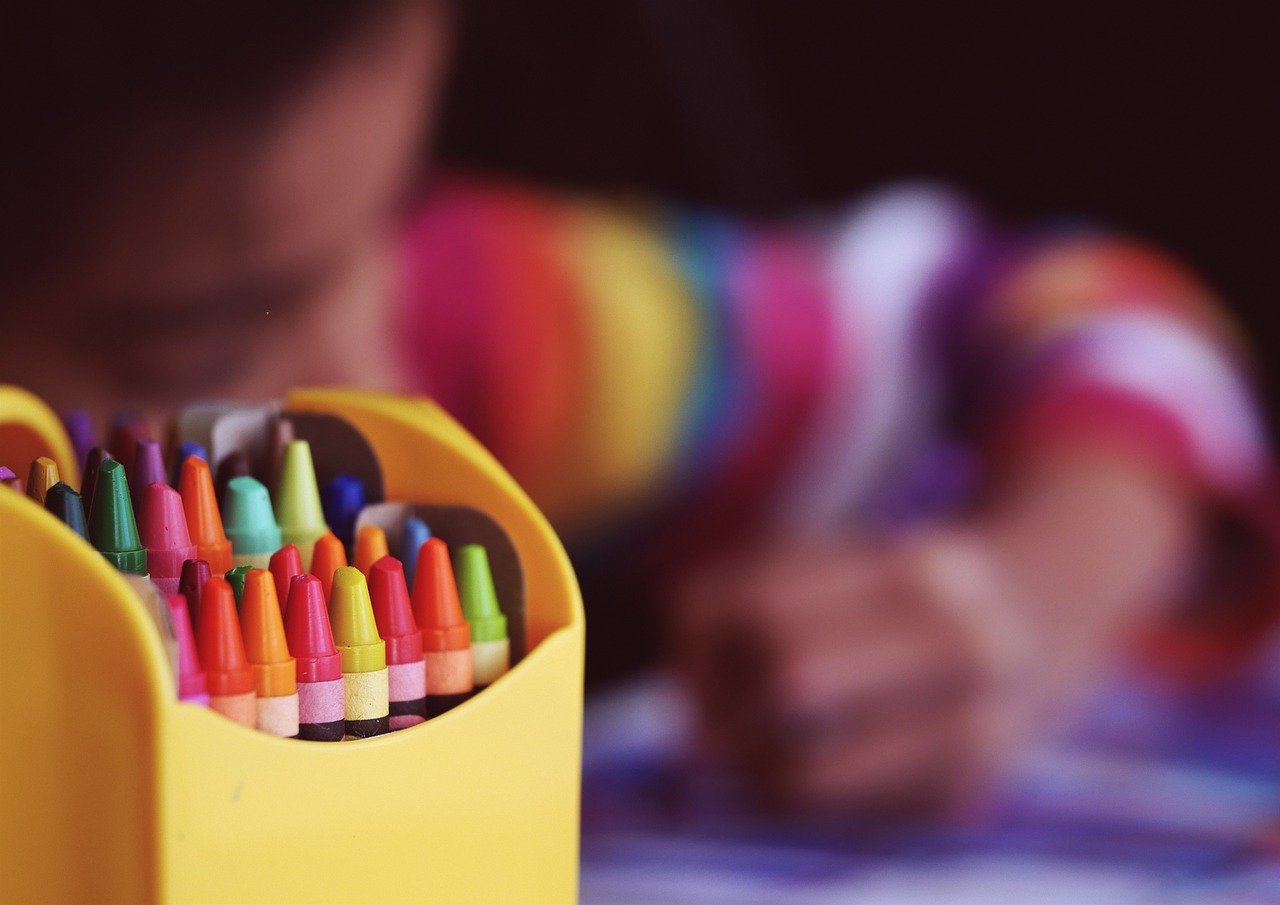
Note: This article was originally written for use during the Covid lockdowns.
As parents, we sometimes struggle to keep our children entertained in normal circumstances. During the current situation, it can be even more challenging thinking of ways to keep them amused and having to manage this together with school and work commitments can be difficult.
So here are a few suggestions to keep your children both entertained and learning – while having a bit of fun!
Write a postcard to a friend or relative about something they have done, read, watched or baked.
Play a board game like ‘Guess Who’ or ‘Connect 4’ which can support logical and reasoning skills. On a wet day, dust off the Monopoly and see who gets Park Lane!
Keep a diary or get creative using a scrapbook; record events, write, draw and collect items that can be glued in such as pictures from magazines, photos or wrappers.
Take a virtual tour of a gallery, museum or zoo. From the Museum of Modern Art in New York to our very own Natural History Museum there are some great virtual tours for children.
Save up your cardboard and build a play town, farm or shopping centre.
Get creative through painting, drawing, photography, crafting, knitting, sewing, cooking or baking. Expression through creativity can really help with wellbeing.
Make the most of the great outdoors – it’s free! Combine your daily exercise with a mini beast hunt identifying insects or set up a treasure hunt (while safely social distancing).
Do some modelling – not the cat-walk kind; use clay, plastercine/playdough or even cake icing paste to make models of all kinds of items and people, from cars to the dog or granny.
Plant some seeds – beans, lettuce – even try an apple pip. See how they grow – you might have something tasty to eat later in the year.
Play bingo – you could use numbers or you could use items, colours, letters or names.
Make a family tree – talk to your grandparents, aunts, uncles, cousins and make a chart of how they are related. You could add dates of birth, pictures etc. Find out about your grandparents’ parents too, if you can.
At the Helen Arkell Dyslexia Charity, we specialise in providing expert support to dyslexic children and their families. We offer 1:1 personalised tuition sessions tailored to your child’s needs. This can include anything from basic literacy skills and improving general organisation to revision techniques. To find out more email enquiries@helenarkell.org.uk.
